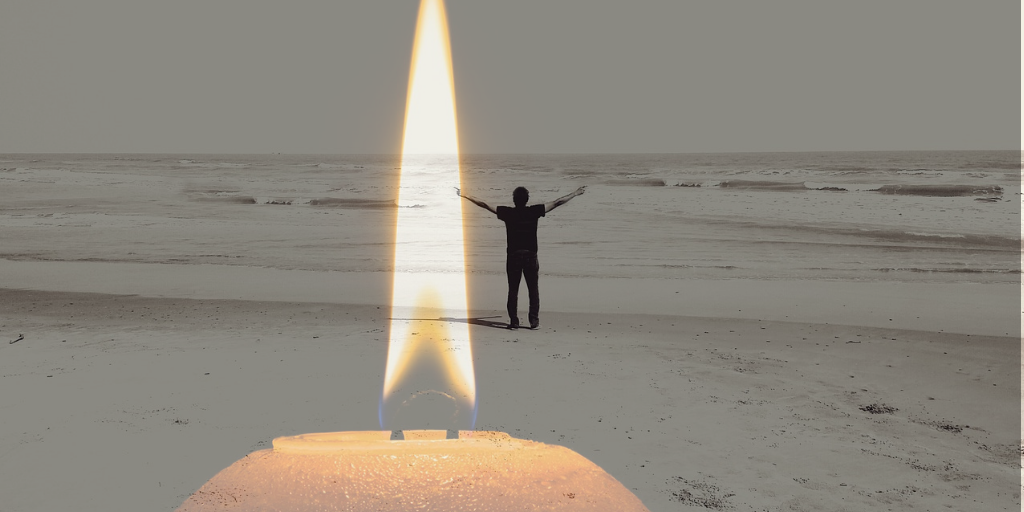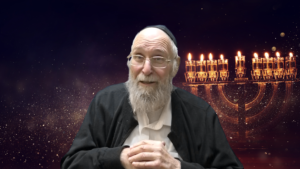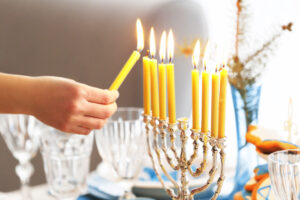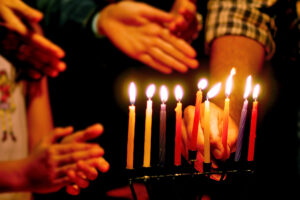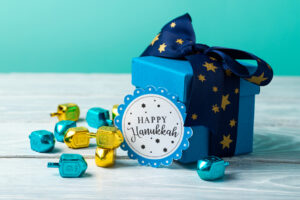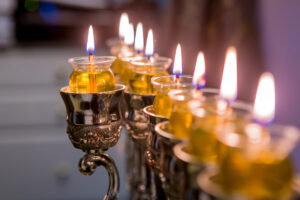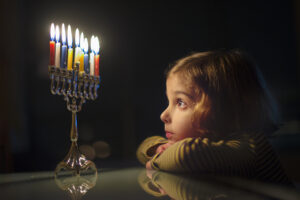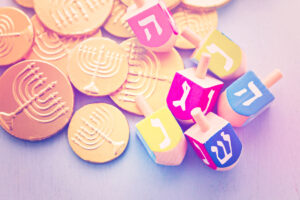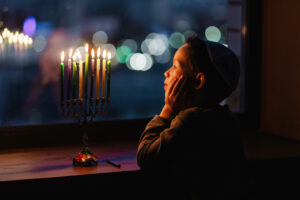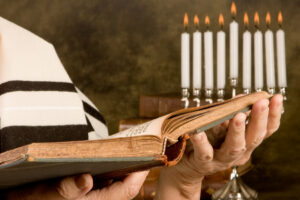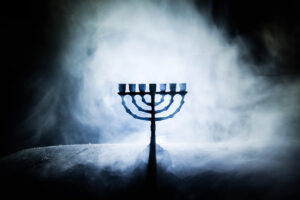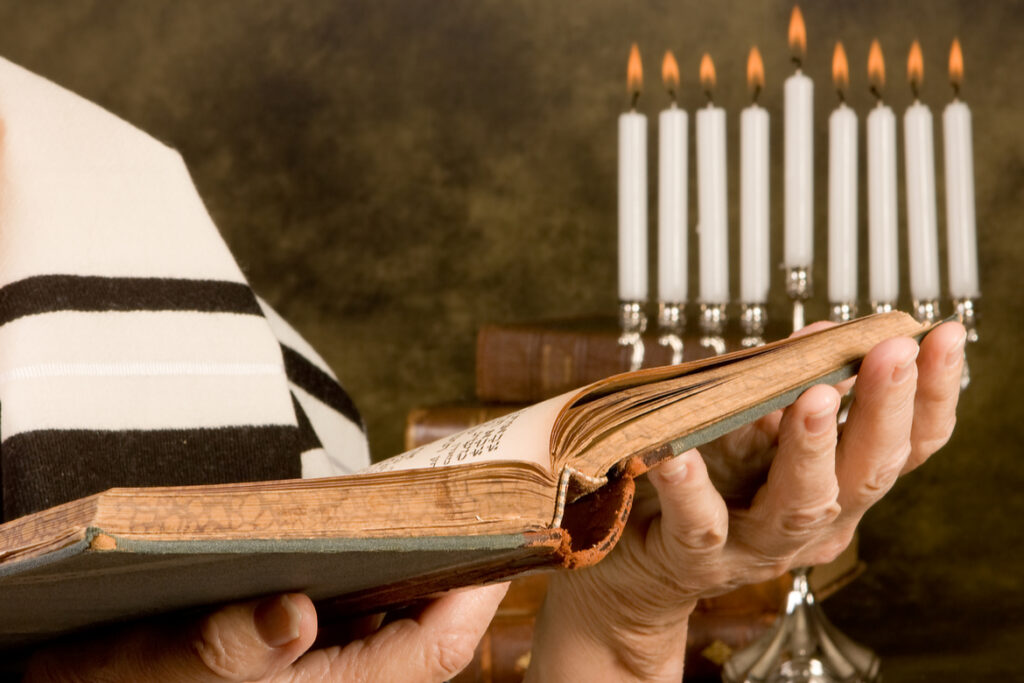Chanukah and Gratitude to Hashem
It’s possible that Chanukah is one of the most misunderstood and underappreciated holidays on the Jewish calendar. Arriving as it does with lots of “competition” from our non-Jewish neighbors, many of us have been left struggling with how to identify with Chanukah. Many families have a tradition of gift giving, latke making, and of course menorah lighting. In some families there is an effort to understand the historical background underlying the holiday, and discussions about Chanukah involve the anti-Torah influence of the Greeks, their ransacking of the Holy Temple, and the victory of the Jews to regain their religious independence. We also love to celebrate on Chanukah with music, family and friends, but is there an even more spiritually satisfying experience to be had?
Rebbe Nachman begins lesson Tinyana 2 with an interesting focus: “the days of Chanukah are days of thanksgiving.” He then quotes from our daily silent sh’moneh esrei from the additional portion of al hanisim that we add during Chanukah: “and they (our chachamim) established the eight days of Chanukah to thank and to praise.” What the chachamim and the Rebbe have noticeably left out are the latkes, the dreidels and so many other familiar aspects of Chanukah. This was not an oversight.
The Rebbe teaches that the greatest pleasure a person can have is when he’s in a state of thankfulness and gratitude to Hashem, and that thankfulness itself is akin to Olam Habah, where all souls experience pleasure lightyears beyond any physical or emotional pleasure we could ever hope to enjoy in this world. This pleasure comes from our closeness to Hashem in Olam Habah – the closer we are to our spiritual Source, the more our soul delights.
Chazal teach us that in the end of time, the era of Moshiach, reality will be permeated with y’dias Hashem, knowledge of Hashem. We won’t have to rely on our emuna, belief, rather we will know Hashem and experience Him and His involvement in our lives clearly and openly. Chazal also teach us that in that time, all korbanos, sacrifices, will cease to exist, except for the korban Todah, the thanksgiving offering. This means that the primary spiritual mechanism of that time will be thanking and praising Hashem.
Simple.
Rebbe Nachman teaches us, however, that we need not wait for Olam Habah or the coming of Moshiach, may he come speedily, to start experiencing this immense pleasure. By living our lives with thankfulness to Hashem, and expressing that thankfulness with praise, we have the power to tap into that joy right here and now.
That’s Chanukah!
- 0 comment

